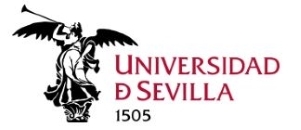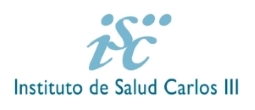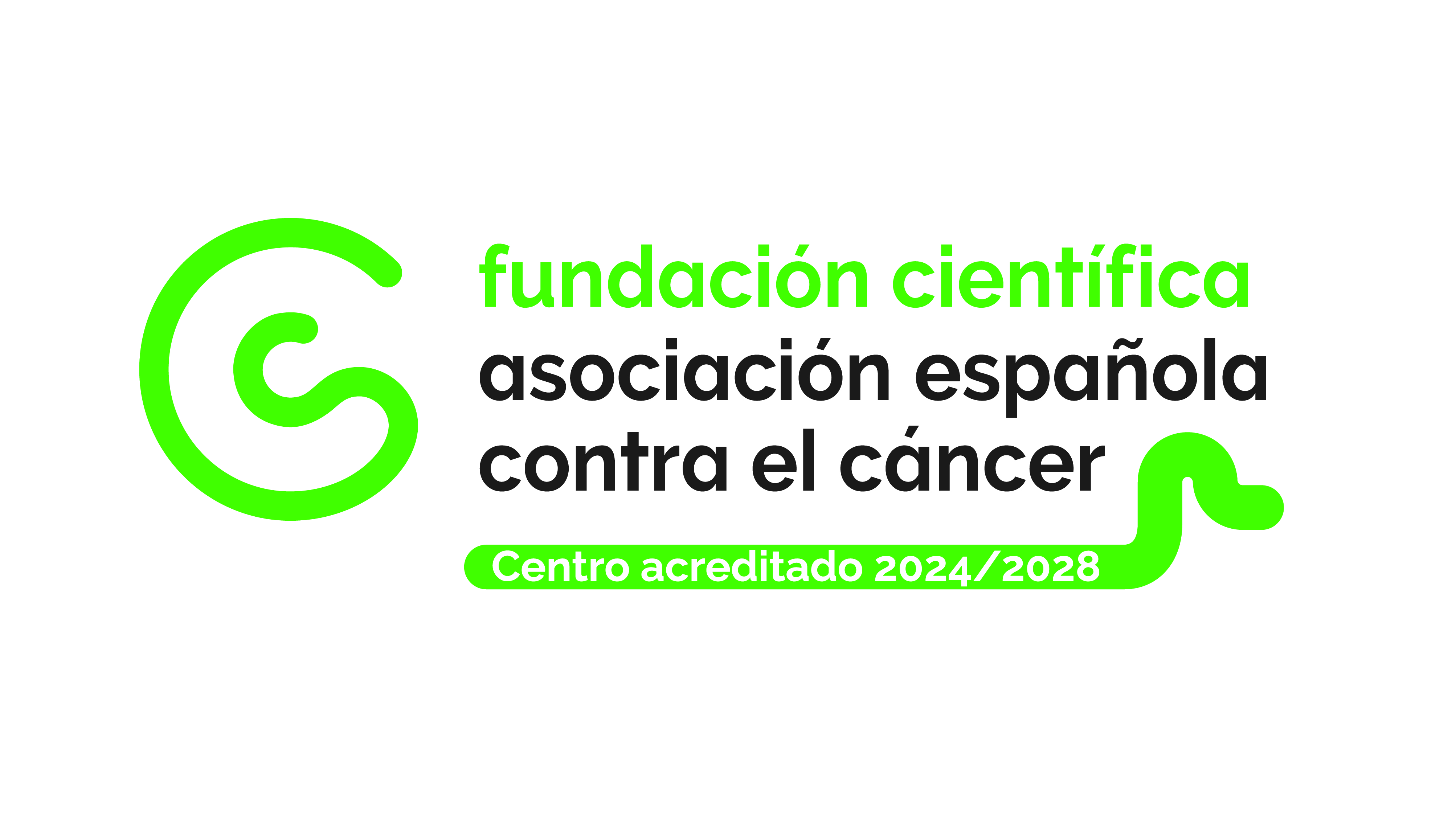Cód. SSPA: IBiS-C-04
The Human Genetics and Reproduction group is a multidisciplinary research team primarily composed of members/experts from the Department of Maternal-Fetal Medicine, Genetics and Reproduction at the University Hospital Virgen del Rocio, a regional reference center with an extensive experience in both clinical and molecular genetics.
Our research focuses on genomic medicine and functional genomics of rare genetic diseases, with a particular interest in Inherited Retinal Diseases. We apply next-generation sequencing technologies to advance our understanding of these conditions. Additionally, our work spans reproductive medicine, fetal medicine and fetal therapy, aiming to develop innovative fetal therapy procedures and to improve reproductive health for women.
With a highly specialized clinical environment, we maintain a translational approach that bridges scientific discoveries with clinical practice. This allows us to directly implement new insights, refine genetic diagnosis for rare diseases, and enhance patient care, thereby advancing the field of personalized medicine.
Research lines:
- Inherited Retinal Dystrophies
The research line on Inherited Retinal Dystrophies (IRDs) was initiated over three decades ago and has been the recipient of uninterrupted funding from both national and regional agencies. The primary objectives of these projects are the optimization of genetic diagnosis of patients with IRDs and the identification of new genes and disease mechanisms in order to further understand the molecular basis of this group of disorders.
The advancement of this research trajectory is evidenced by the publication of over 50 reviewed scientific articles, many of which have resulted from collaborations with leading national and international research groups. The identification of EYS, a gene associated with autosomal recessive retinitis pigmentosa (arRP) and one of the most prevalent genes worldwide, is among the most significant achievements of the group. The study was published in the journal Nature Genetics in 2008 (Abd El-Aziz et al., 2008). Another significant contribution has been the development of diagnostic protocols based on next-generation sequencing (NGS), which have yielded a diagnostic rate superior to that reported by other research teams (Bravo-Gil et al. 2017; Bravo-Gil et al. 2016; González-del Pozo et al. 2011; González-del Pozo et al. 2022; González-del Pozo et al. 2020; González-del Pozo et al. 2018; Martín-Sánchez et al. 2020). Of particular relevance is the first-time association of variants in the CFAP20 (González-del Pozo et al. 2022) and THRB (Fernández-Suárez et al. 2023) genes with the etiology of IRDs. Furthermore, in close collaboration with the Retinal Dystrophies Unit of the Department of Ophthalmology at Hospital Universitario Virgen Macarena, a national reference center for the study of these conditions, numerous genotype-phenotype correlations have been established (Morillo-Sánchez et al. 2019; Domínguez-Serrano et al. 2021; Llavero-Valero et al. 2021; Soto-Sierra et al. 2021; Molina-Solana et al. 2021). Despite the significant advancements to date, a considerable proportion of patients still lack a conclusive molecular diagnosis. To address this challenge, the research team has recently incorporated long-read sequencing technologies. This technology is complementary to the standard short-read sequencing that is currently employed in routine diagnostics, and it facilitates the identification of complex structural variants that are not detected by conventional methods. In this context, we recently reported, for the first time, the insertion of a retrotransposon in the coding sequence of the EYS gene as the cause of disease in a family with arRP (Fernández-Suárez et al. 2024).
- Personalized Medicine in Rare Diseases
In the context of our research line on Personalised Medicine in Rare Diseases, our team has developed a novel strategy that integrates genetic testing based on high-throughput sequencing. This strategy facilitates a standardized, flexible, efficient, and reproducible diagnosis of more than 2,800 rare diseases (Méndez-Vidal et al. 2025). For instance, this approach has been successfully applied to a cohort of patients diagnosed with acute aortic syndrome, expanding the mutational spectrum of these potentially life-threatening conditions (Puppo-Moreno et al., 2023).
Our team has led the Medical Genome Project and the “Multidisciplinary Action on Rare Diseases and Personalized Medicine” (AMER) project. The Medical Genome Project was responsible for the production of the first reference genome for the Spanish population. This is now widely utilized at the national level by clinical geneticists for variant prioritization. Consequently, this initiative gave rise to the establishment of the Collaborative Spanish Variant Server platform (http://csvs.babelomics.org/) (Peña-Chilet et al., 2021).
Of particular note is our group’s coordinating role in the IMPaCT Genomic Medicine project, funded by the Precision Medicine Infrastructure associated with Science and Technology (IMPaCT) under the Strategic Action in Health 2017–2020 of the ISCIII. In addition, we actively participate in the IMPaCT Data Science initiative, coordinated by the Barcelona Supercomputing Center (BSC). Our team is also part of the Spanish mirror group involved in the European “1+ Million Genomes” initiative, which aims to sequence one million genomes across Europe. Furthermore, the institution is a member of the Spanish Network for Biomedical Research on Rare Diseases (CIBERER), and within this consortium, our team participates in the ENoD iniciative (Undiagnosed Rare Diseases Program), helping as a reference expert group for cases related to inherited retinal dystrophies (IRDs).
As a result of this extensive experience, the start-up FORESIGHT (https://foresight.first-simulation.com/) was established to provide consulting services that address the emerging needs of personalized medicine.
- Personalized Medicine in Women’s Reproductive and Global Health
The research line on women's reproductive and global health, funded by the University of Seville, aims to enhance our understanding of the genetic mechanisms involved in female fertility, paving the way for new applications in personalized reproductive medicine. In this context, our team is currently developing the first genome reference of genetic variability in phenotypically characterized Spanish women. This is an essential initiative to reduce sex and gender bias in genomic studies. This project is expected to have a significant impact on reproductive health and on the management of physiological processes specific to women, such as infertility, endometriosis, and certain types of cancer.
Additionally, one of the few Beacon systems available in Spain for genomic data sharing has been developed as part of this initiative. This platform includes specific functionalities for identifying patients who may be eligible for clinical trials. The data can be accessed at: https://repro-Beacon.clinbioinfosspa.es/api.
- Fetal Medicine and Therapy
The research line in Fetal Medicine and Therapy has made significant contributions in the field of maternal-fetal medicine and genetics, notably through the development and implementation of the EXIT (Ex Utero Intrapartum Treatment) procedure (Domínguez-Moreno et al. 2024). This technique is employed to ensure effective airway management in neonates with cervical or oropharyngeal masses, exhibiting a high success rate and minimal maternal complications (García-Díaz et al., 2020). The team’s work on congenital diaphragmatic hernia using EXIT has demonstrated a neonatal survival rate of 85.7% and optimal postnatal development in treated newborns (Chimenea et al. 2024). They have also investigated the use of oral digoxin for the treatment of fetal tachyarrhythmia, confirming its safety under appropriate maternal monitoring (Chimenea et al. 2021). In monochorionic diamniotic twin pregnancies, research has demonstrated that planned vaginal delivery is a safe and viable option (Chimenea et al. 2022). Moreover, the team has reported the first documented case of VACTERL association following maternal SARS-CoV-2 infection, emphasizing the necessity for further studies on potential fetal implications (Chimenea et al. 2023).
Group links:
- Fundación Isabel Gemio (FGEMIO-2019-01): https://www.fundacionisabelgemio.com/que-hacemos/desarrollo-de-aplicaciones-clinicas
- Foresight: https://www.xn--guillermoantiolo-foresight-seeing-ffd.com/
- Fundación ONERO: https://onero.org/















